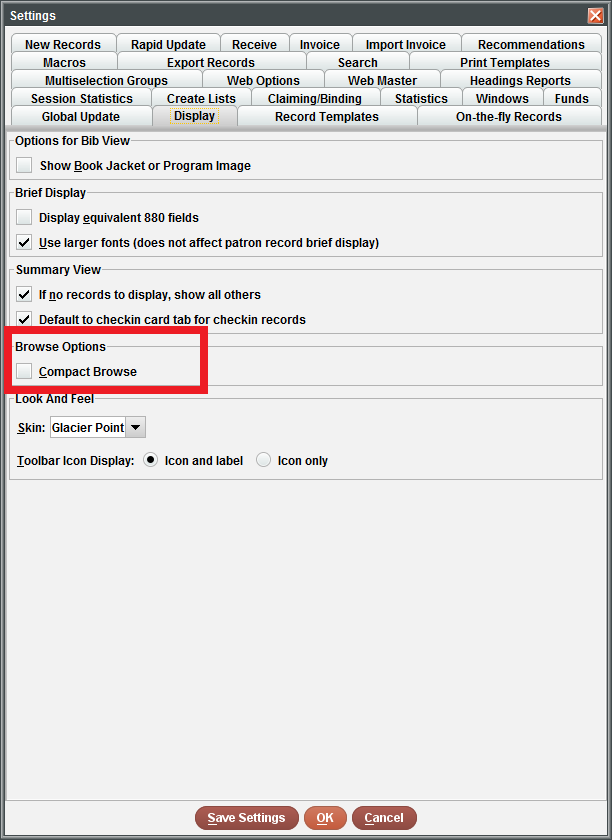When you search a discovery service such as WorldCat@OSU, the results are ranked in a particular, non-random order. Why are some results at the top of the list? Why are other results buried on page 7? How does a user make sure he or she gets back the best, most relevant possible results?
An interesting post by Ryan Regier from June, 2015 entitled “Relevancy Ranking in Discovery Services” compared the different ways he found that results are ranked and displayed by the discovery services Ebsco, ExLibris Primo, and ProQuest Summon.
But the relevancy ranking for OCLC WorldCat Local was not included in that post, and I realized it may be a question our users have.
To answer that, we turn to WorldCat Local Frequently Asked Questions:
Question
How does relevance ranking work in WorldCat Local?
Answer
WorldCat Local determines relevance in the same way as WorldCat.org, but also factors in the holdings of your library to elevate locally-owned items in search results.
There are several components to the WorldCat Local relevance algorithm:
- The search terms in the author then title fields are weighted first, then the rest of the fields of the record
- Term frequency
- Proximity of the terms to one another
- Recency (more recent items are weighted more heavily)
- How widely held
- Locally held items are surfaced to the top of the results if the library chooses this as the default sort
Regarding the last bullet point, OSU Libraries sorts locally held results in the following order:
- OSU Libraries (including materials available at the Health Sciences and Moritz Law Library)
- OhioLINK academic libaries consortium
- SearchOhio public libraries consortium
- All other libaries with holdings in OCLC
And back to the FAQ:
Question
Can my library configure its own relevance algorithm for a WorldCat Local installation?
Answer
No. The relevance algorithm is maintained by OCLC for all libraries that use WorldCat Local. OCLC regularly evaluates and adjusts its algorithm to ensure your users receive the best possible result sets.
Another feature of WorldCat Local (WorldCat@OSU) that can affect the ranking of results is FRBR. We return to the FAQ:
Question
How does the FRBR algorithm used in WorldCat.org affect a library’s local holdings display in WorldCat Local?
Answer
Items derived from a source work are combined into work sets using the FRBR algorithm developed by OCLC Research. Multiple-language items are placed into their own work sets so that they may be represented separately within the search results… in WorldCat Local, the representative records for the work sets are those items that are the most widely held or the most widely held that are also held by the institution/group.
More information is available from the WorldCat Local FAQ.






